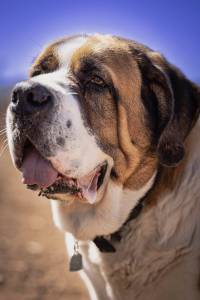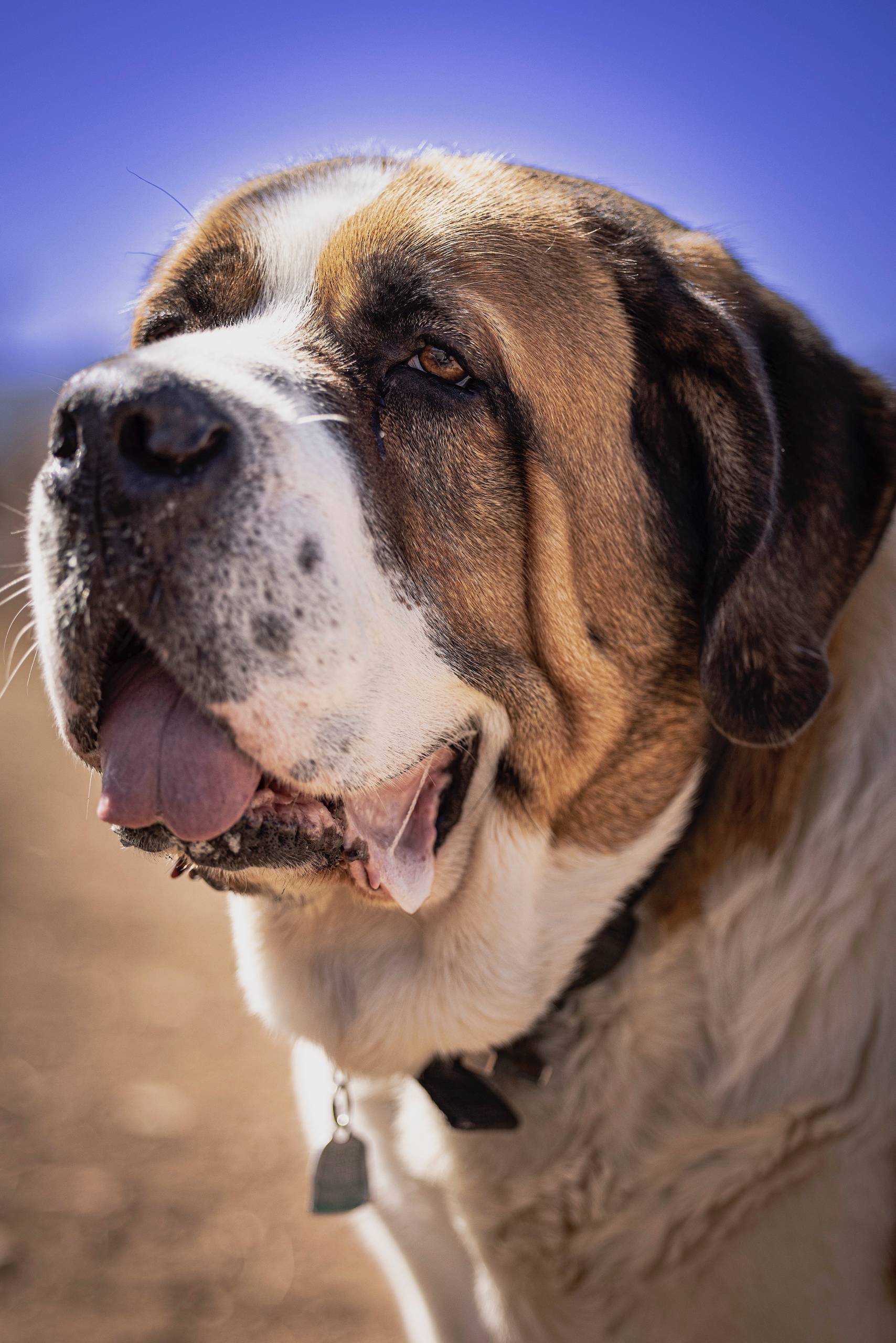
Firstly, it’s crucial to understand that diarrhea in dogs can be caused by a range of factors. These may include dietary changes, the consumption of unfamiliar or spoiled food, abrupt changes in diet, bacterial or viral infections, parasites, or more serious underlying health issues. If your dog has diarrhea, it’s important to observe their behavior and look for any additional symptoms such as vomiting, lethargy, or loss of appetite. This can help you determine whether the situation requires immediate veterinary attention.
The next step when dealing with a dog’s diarrhea is to assess their overall condition. You should monitor your dog’s energy levels, appetite, and hydration. Diarrhea can lead to dehydration, so it’s important to ensure that your dog is drinking enough water. Encouraging them to drink water regularly is crucial. You can also offer ice cubes or a small amount of low-sodium chicken or beef broth to entice them to drink if they’re hesitant. If your dog is showing signs of dehydration, such as dry gums, sunken eyes, or lethargy, it’s important to seek veterinary care promptly.
In addition to monitoring your dog’s condition, you can take practical steps to help alleviate their discomfort. One of the primary actions to take is to withhold food for 12 to 24 hours. This gives your dog’s digestive system a chance to rest and recover. After this brief fasting period, you can gradually reintroduce bland, easily digestible food such as boiled rice and skinless, boneless chicken. It’s essential to feed small, frequent meals to prevent overwhelming your dog’s digestive system.
Furthermore, if your dog’s diarrhea persists or is accompanied by other concerning symptoms, seeking veterinary advice is crucial. Your veterinarian can conduct a thorough examination to determine the underlying cause of the diarrhea and prescribe appropriate treatment. They may also recommend diagnostic tests such as fecal analysis or blood work to identify any underlying health issues contributing to the problem.
Moreover, it’s important to consider preventive measures to minimize the risk of future episodes of diarrhea. This includes ensuring that your dog’s diet is consistent and appropriate for their age and health status. Avoiding sudden dietary changes, providing access to fresh water at all times, and keeping your dog’s living environment clean can all contribute to their overall well-being.
In conclusion, diarrhea in dogs can be a distressing experience, but it’s important to address the issue promptly and effectively. By observing your dog’s condition, ensuring adequate hydration, and making practical adjustments to their diet, you can help them recover from this common problem. Remember, if your dog’s diarrhea persists or is accompanied by concerning symptoms, seeking professional veterinary advice is essential to ensure your pet’s health and well-being.[/fusion_text]

